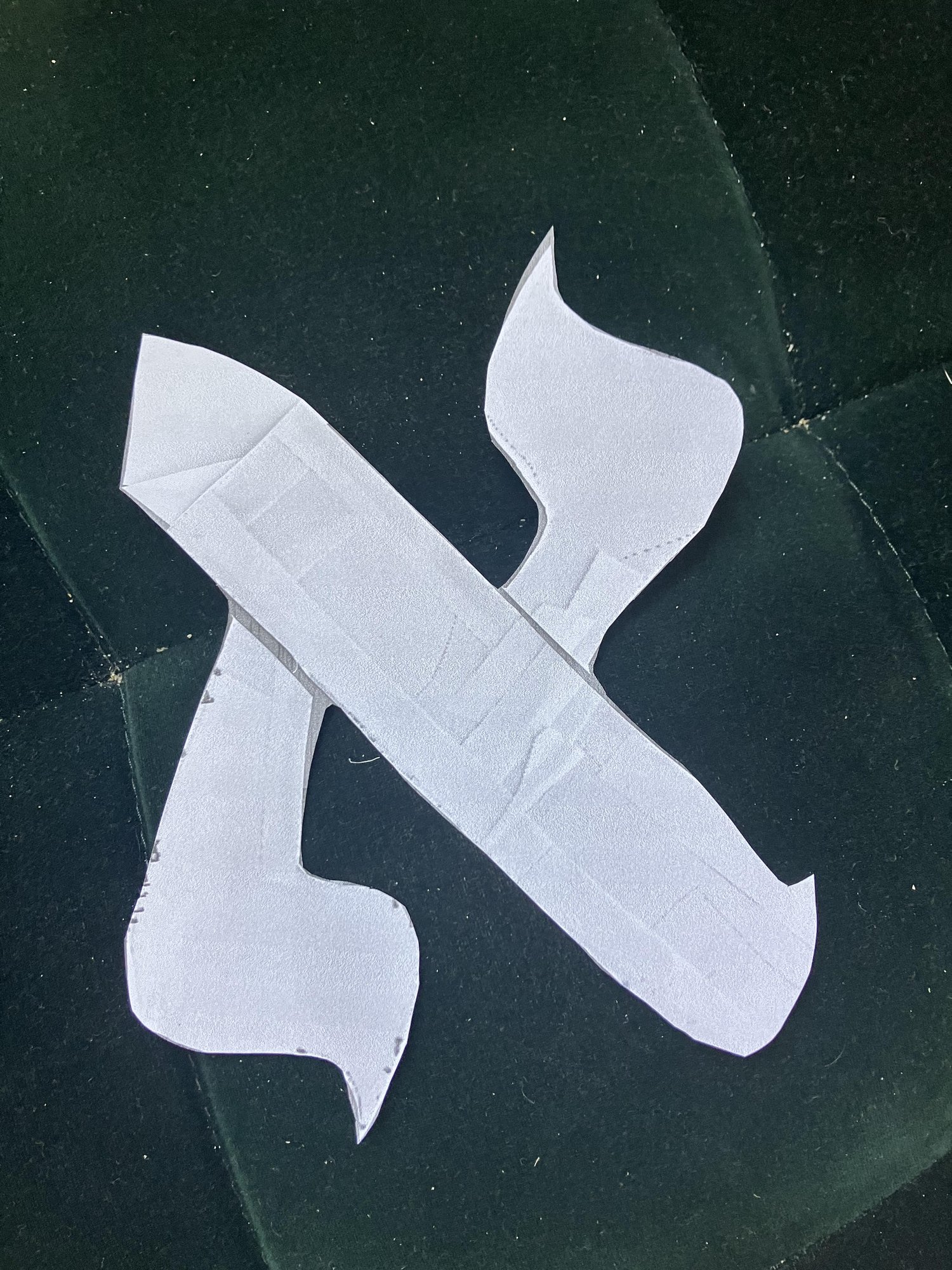When you go
THE BIG IDEA
According to the Torah Omens this is an excellent time to reaffirm your respect for all sentient beings (starting with women).
It is also a highly favorable to talk about the more uncomfortable realities of this life like rape, adultery, divorce, preference to a certain child, animal rights, cross dressing, ethical business practices, and parental respect (or child disrespect).
Notice when preferences reveal themselves, where desires overtake you, where you avoid the topic altogether.
This mid-point of Elul is a great time to examine your position on the most unsavory of life’s circumstances, for the sake of a comprehensive sense of alignment.
DEEPER DIVE
(Thank God) I find it hard to imagine a world where women are considered property, although to my continual horror, I know that world co-exists with my own. A world where wars are fought, and women are vulnerable to be taken by one of the captors as a wife or a slave.
Ki Tezeh translated as when you go out, is the Torah’s explicit introduction of basic human rights into that type of world. ‘If you should find yourself the victor of a battle, and you find a woman beautiful and decide to take her a wife….allow this soon-to-be-wife 30 days to process her trauma, and then, after that process is over, if you still decide to marry her, and she fails to please, she must be set absolutely free.
The most basic of human rights for a woman that has been stripped of absolutely every dignity.
And while we in the modern world cannot imagine these circumstances, we must not deny that they still exist -- along with the entire list of perverse human impulses, preferences, behaviors and desires that are brought into conscious and ethical regulation this week.
In this part of the final of the five books, Moses wants us to name, categorize, and regulate the most difficult parts of our social body; adultery, sacred sexual prostitution, cross dressing, rape (and the various circumstances around which it was committed), divorce, animal rights, the treatment of the poor, and a range of uncomfortable or strange topics.
If nothing else, this week invites us into conversation about things we generally don’t like talking about - at the very least within ourselves.
For example? What part of adultery or rape is the woman’s responsibility, and where is she to be understood to be completely innocent? -- (no matter how much or little respect someone might have for a woman). Why shouldn’t you eat a mother bird and her eggs?
And while the list might feel a little random, the patterns of these laws seems to highlight the Torah as path of dignity between people and people, people and animals, and even people and inanimate objects.
INNER WORK GUIDE
What are you not talking about?
Take some time to find the areas in your life, in our world, in our culture that feel too awful or shameful to discuss.
And while you are thinking about it - begin to find a prayer for each of those things.
A prayer for the women of this world to be respected in the most basic of ways.
A prayer for the women in Afghanistan and all over this planet to be upheld to the most basic human standards.
A prayer that women living in relative freedom have the strength of mind, heart, body and spirit to uphold our own basic standards of respect for our bodies.
A prayer we communicate mastery of our sexual form in such a way to inspire immediate and lasting respect, awe and grace for all life.
A prayer that we learn to internalize an ethical approach to animals,
A prayer that we learn to internalize an ethical approach to business,
A prayer that we learn to be generous to those that are in need around us,
A prayer that we learn to be appropriate in our projection of shame,
A prayer that we learn to manage our desires to cause harm to ourselves, an other, our planet, our life.
May we awaken to a world of absolute acceptance of the enduring value in ethical law and the ability and strength to apply it equally to all of life.
Shabbat shalom and happy being to all.

